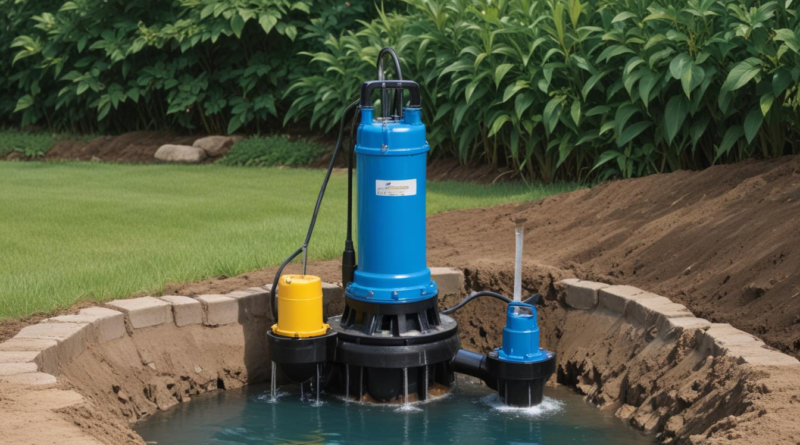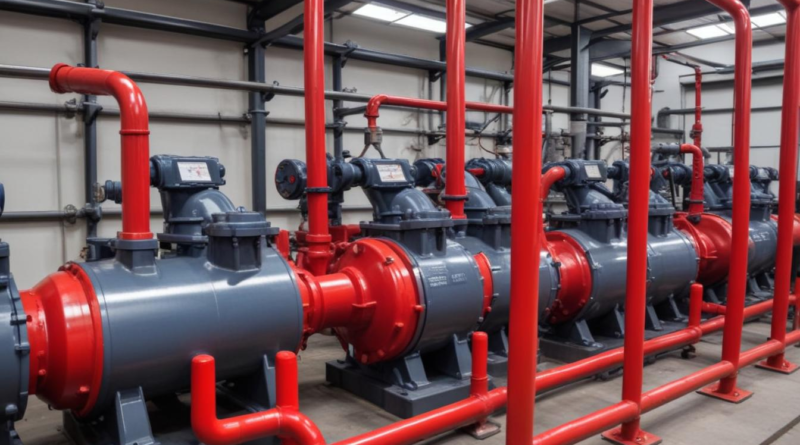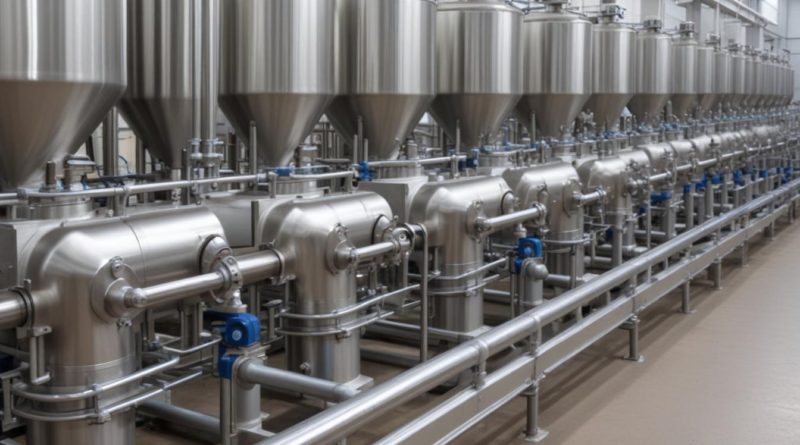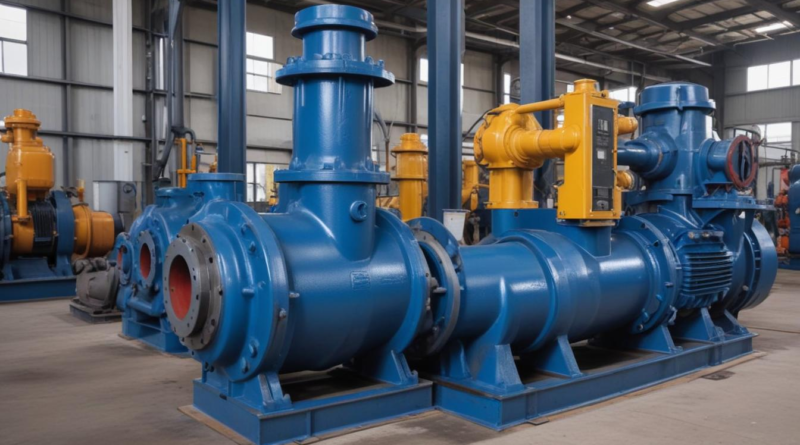the benefits of using submersible pumps
Submersible pumps are renowned for their energy efficiency and robust durability, operating beneath water to minimize energy loss and maximize performance. Their sealed design ensures reliability with low maintenance, while quiet operation makes them ideal for diverse applications such as municipal water systems, agricultural irrigation, and industrial manufacturing. These pumps offer sustainable, versatile solutions across various environments.
Read More








